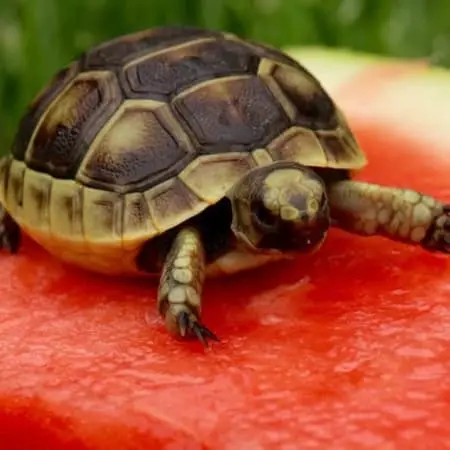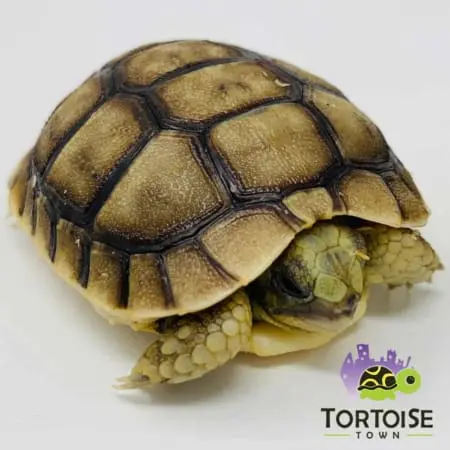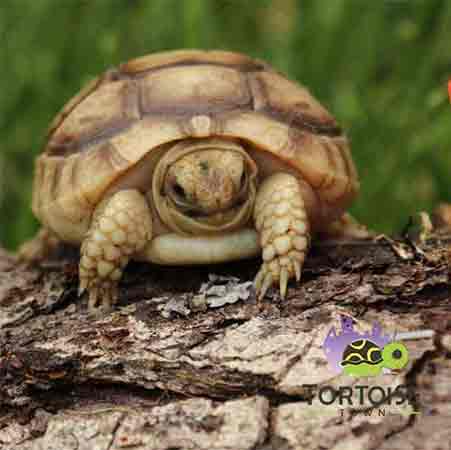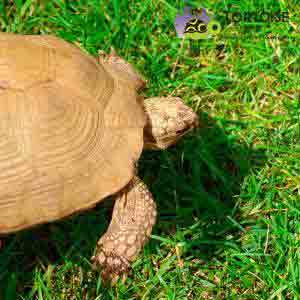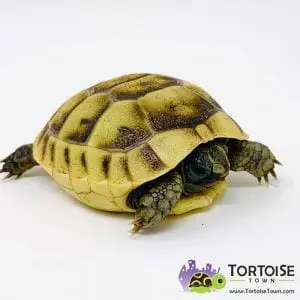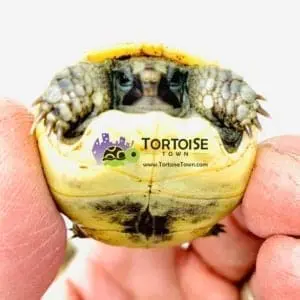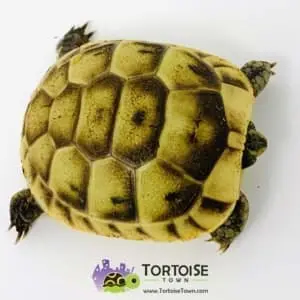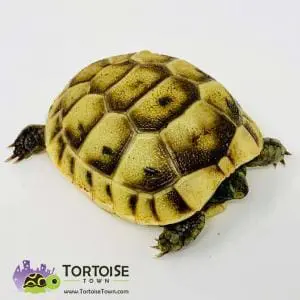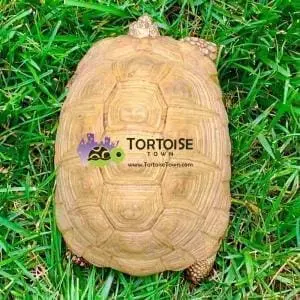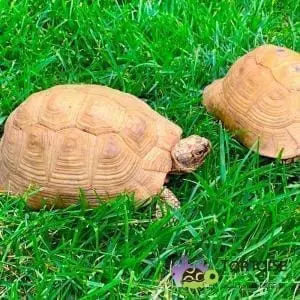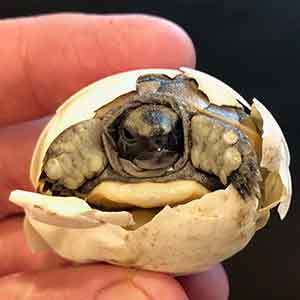Greek Tortoise Water
Providing clean, fresh water daily is important for any tortoise owner. Greek tortoise owners are no different! Did you know that many Greek tortoises originate from extremely arid habitats ? Also, some others are found in more temperate locations. Regardless of their origin, all baby and adult Greek tortoises for sale need to stay hydrated. A shallow water dish should be available at all times for drinking and soaking, and it should be cleaned/changed frequently.
Tortoises defecate in their water, so keeping the supply clean is a must. Greek tortoises also appreciate an occasional misting of their environment, which prompts them to empty their bowels and drink. Like all species of tortoise for sale, breeders should be providing fresh food and water daily.
Greek tortoise water and humidity
When raising a Greek tortoise hatchling, a humidity level of between 65 and 70 percent is appropriate. This can be achieved by spraying down the enclosure every other day with warm water. A water dish in combination with a substrate that retains humidity (see following substrate section) will do the trick, as well. By keeping baby Greek tortoises well hydrated and at a sufficient humidity level, they will grow smoothly and retain a good weight.
Greek tortoise substrate and thermoregulation
Reasons for proper substrate include allowing the tortoise to properly thermoregulate. By bedding down, or digging down into the substrate the tortoise will be able to control its’ body temperature. In the evenings, or when it is colder, you may find your baby Greek tortoise dug into the substrate for warmth.
Greek tortoise substrate and humidity
By spraying the substrate of your baby tortoise habitat, you are able to keep it as a humid microclimate. Since the substrate holds water and allows it to slowly dry out or evaporate, this allows your tortoise to rehydrate slowly with humid air. Humidity is a huge concern for any species of baby tortoise for sale, and Greeks are no different!
The three best substrates for housing Greek tortoises indoors are cypress mulch, aspen shavings, or a 50/50 mix of top soil and play sand. When using aspen it is very important to make sure the tortoises stay hydrated because it tends to be very dry. Rabbit pellets are OK, but they do not retain humidity well and mold will grow quickly in soiled areas. Cedar and pine beddings absolutely must be avoided, as they are toxic to tortoises.
Be sure to check out our extensive Greek tortoise care pages, that focus on the following important topics for raising a healthy baby Greek tortoise:
- Greek tortoise Care
- Greek tortoise water
- Greek tortoise Diet
- Greek tortoise Temperature
- Greek tortoise Lighting
- Greek tortoise lifespan
- Greek tortoise for sale
Indoor Greek tortoise table
Indoors, the construction of a “tortoise table or tortoise house” will suit the needs of Greek tortoises well. A 3-by-6-foot unit made of plywood will suffice for a single adult and up to a pair of adults. Using real, untreated wood is always recommended over plastic or glass . We do this so that the tortoises cannot see through the habitats’ walls. This will also enable them to learn their boundaries and eventually they will not care to escape.
Larger tortoise houses are better
If you have any extra space, always make the tortoise habitat or enclosure as big as possible. This allows for a more natural behavior cycle and reduces stress, especially from territorial or aggressive specimens. Housing males together may pose a problem with them fighting relentlessly, especially when females are present. lastly, consider it important to give the tortoises as much space as possible because they could be spending months on end indoors. Do this until the weather outside is once again appropriate for keeping the tortoises outdoors. Consider getting your set up ready before searching for the perfect new tortoise for sale!

